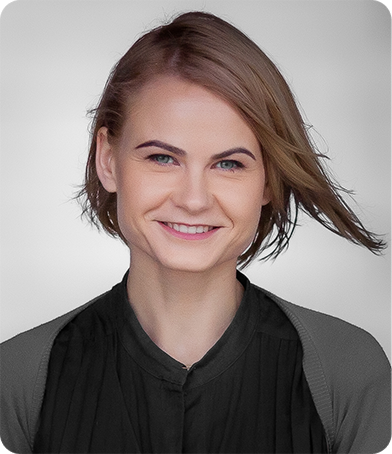 Back
Back

Multistakeholder cooperation is promoted in Lithuania to actively combat disinformation. Organizations of different profiles – academic circles, media organizations and the non-governmental sector join forces to create quality content for critical thinking education.
Media4Change, a media monitoring and innovation program that has been consistently operating in Lithuania for more than 10 years in the field of media and information literacy, is a partner of the Baltic Digital Resilience Research Center DIGIRES.
“As much as we would like to simply point a finger at the lies and protect the public as it were, such efforts will not bring long-term results. A society that is truly resilient to disinformation is one that is able to recognize lies on its own. This is a society of critically thinking people who have the habit of pausing and deconstructing the content in the media and social networks, and considering their own thinking,” says Neringa Jurčiukonytė, head of the Media4Change program.

According to her, the role of civil society in the fight against disinformation is very important. Therefore, it is no coincidence that much attention is paid to the empowerment of community leaders and their further support in educating communities. More than 300 young people are included in the continuing education of media and information literacy per year through the Media4Change programs. Soon it will be possible to do this even more efficiently.
A modern tool is currently being developed to assist educators working with young people in the Baltic States or even institutions operating in the field of training journalists. This is a virtual course on the media and its effects, and part of the material is designed for mastering existing fact-checking tools.
“We are confident that it will ensure the continued education, support and motivation of youth in media and information literacy and will respond to the needs of future work with youth. We are very thrilled to combine the existing work with the experience of the DIGIRES project and to create systemic changes – to integrate our tested model of working with youth into the existing education system,” says N. Jurčiukonytė.
In the DIGIRES project, the participants of the “Media4Change” program are responsible for coordinating the development of the media and information literacy methodology and forming an ecosystem of public resilience.
“We need to talk about digital resilience, as the inner strength of both young and older people, inner sustainability, the ability to resist the chaos that is often artificially created. What is more, we have to realize that in the world of intensified information flows, with the use of disinformation, tendentious attacks, attention is diverted from problems and issues that are particularly important to society, so it is very important for us to know what we can firmly rely on – this is professional journalism and ethical media,” says VMU professor Auksė Balčytienė.
Media4Change programs include: human rights, investigative journalism and media literacy. More information about the media and information literacy activities implemented by this program on the partner’s website www.media4change.co/lt and on the website of distance education courses www.milacademy.online.